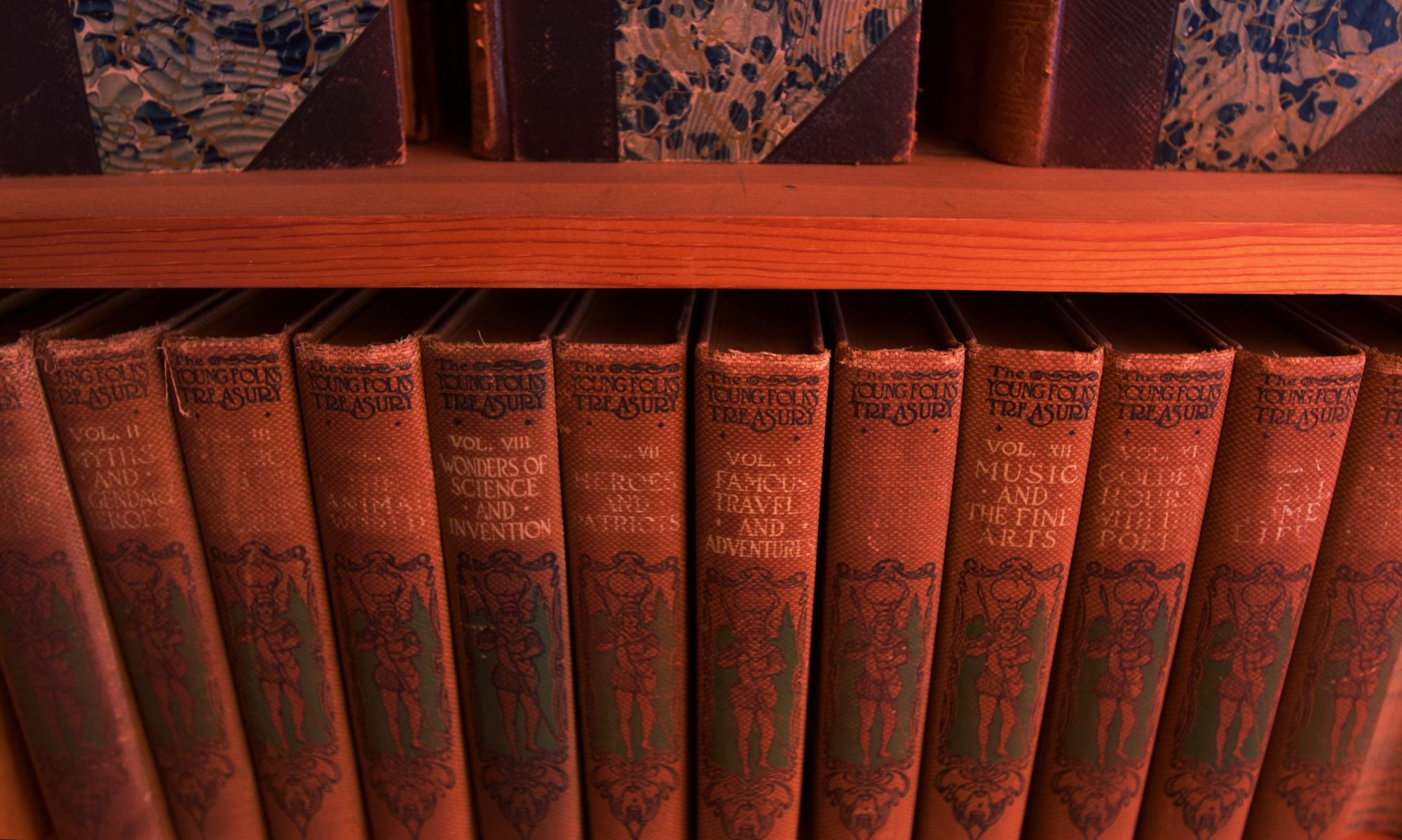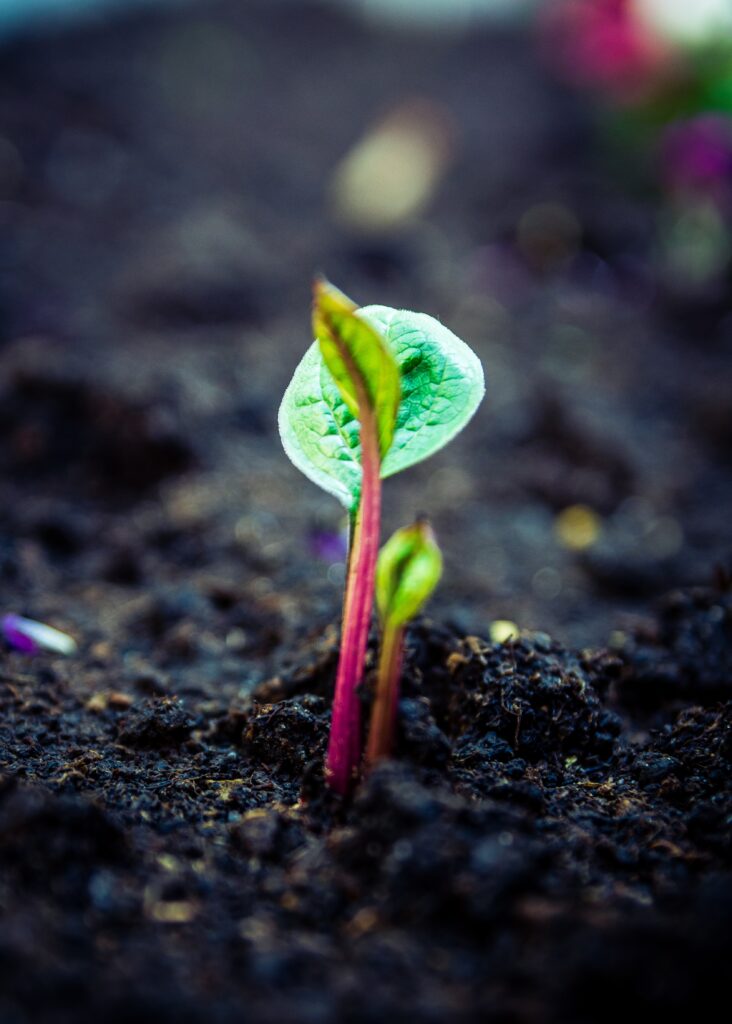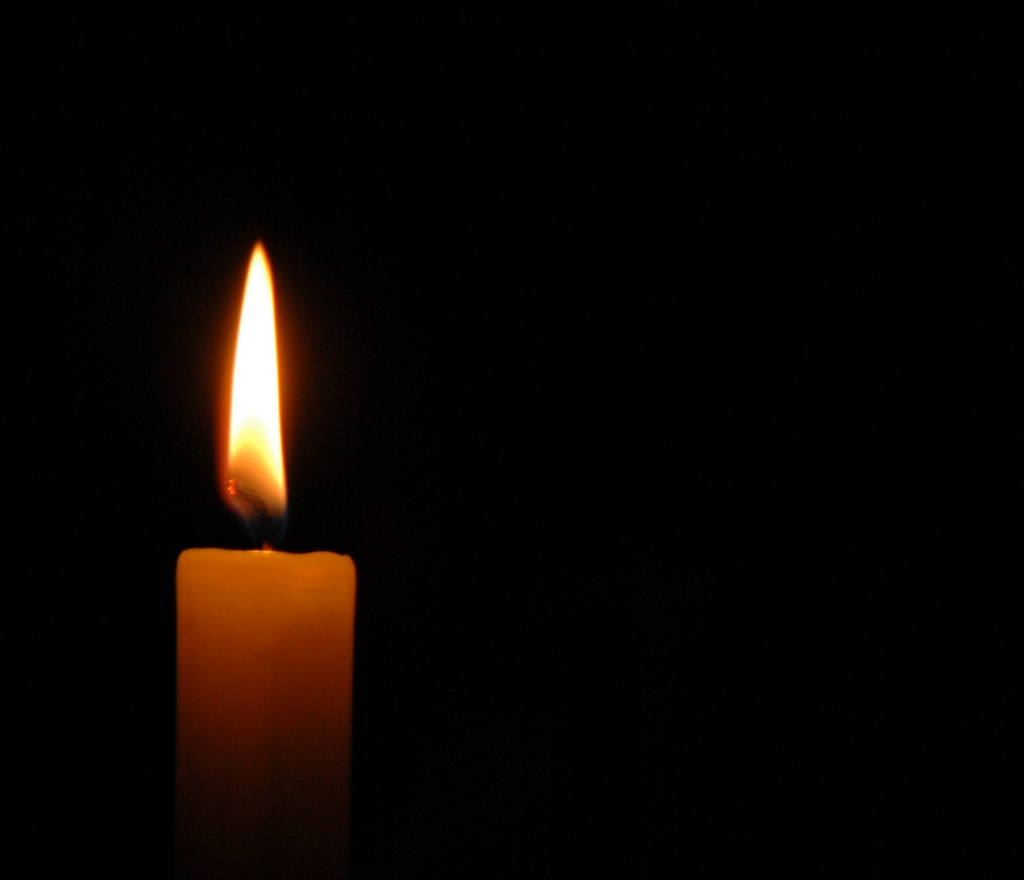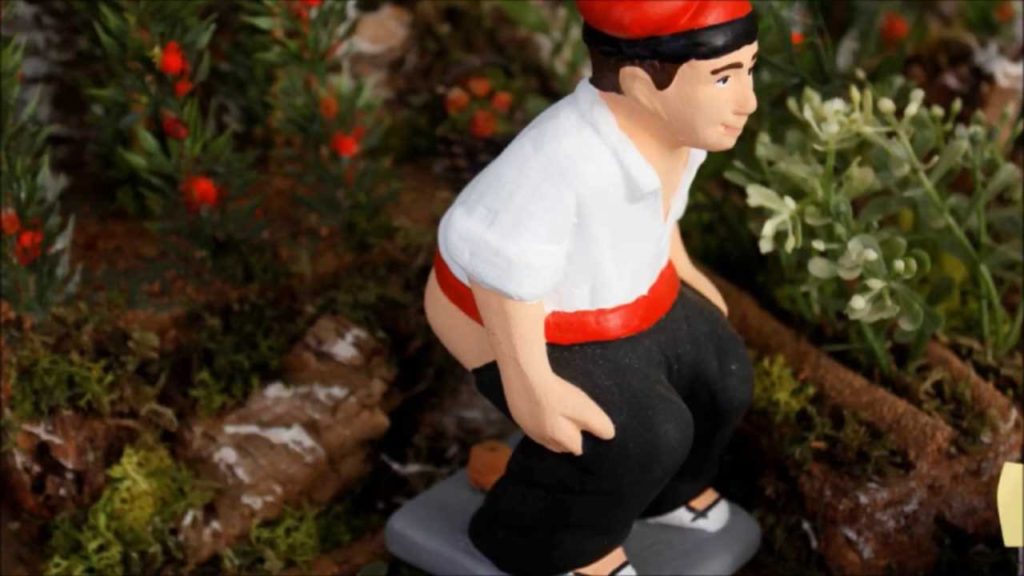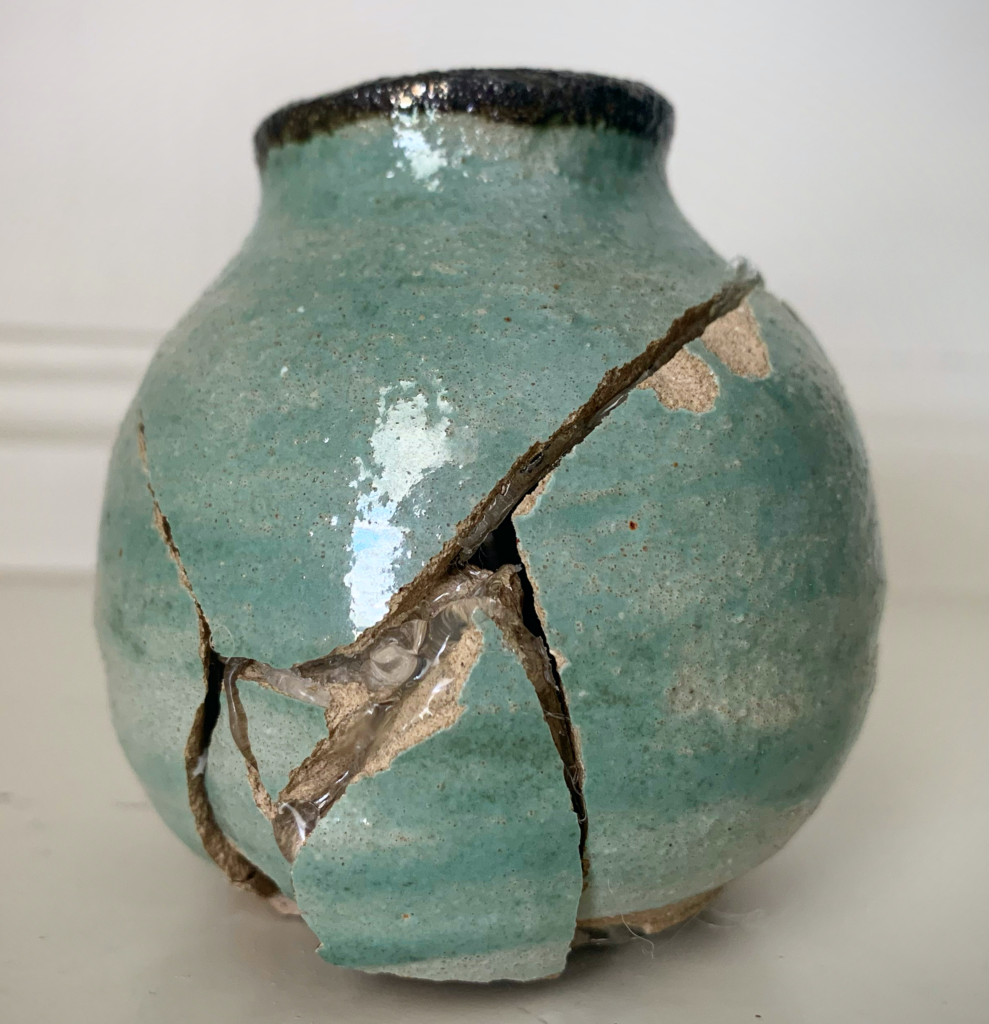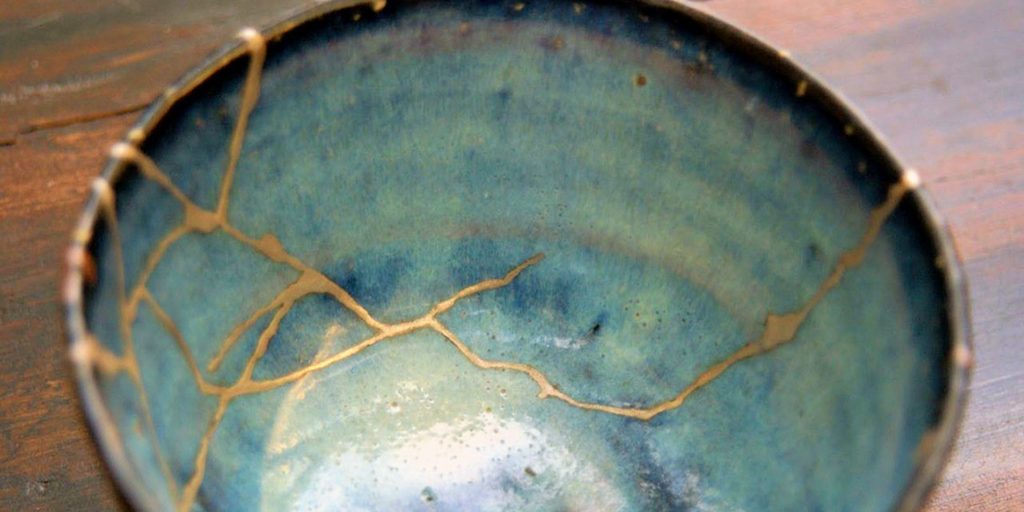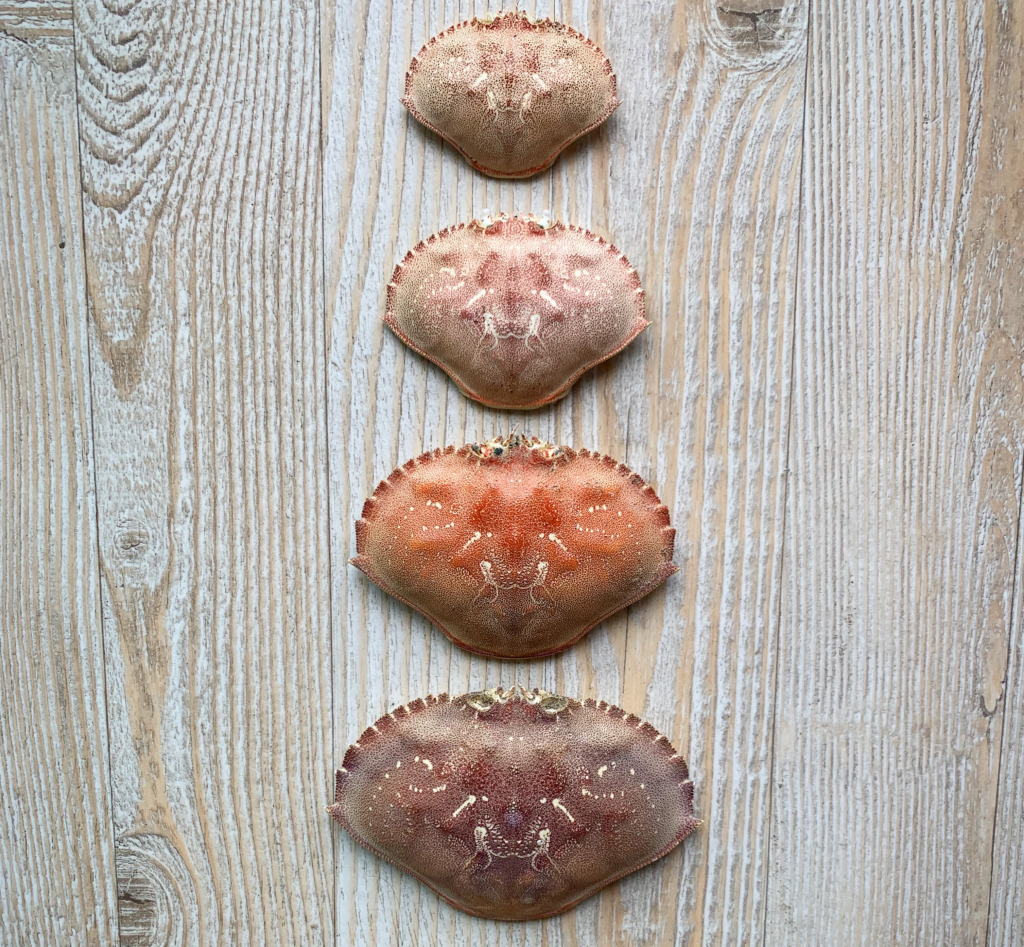I got your letter last night. I want so badly to sit with you now, hold your hand, look at your face, and hear your heart.
You used our code word—a word that means no matter what I’ll get you, because you don’t feel safe. It exists so that when you can’t be honest around others, I’ll still know that something’s wrong. Your letter said you feel anxious, stressed, homesick, and hot. That you’ve thought long and hard and have decided to come home, and that you are certain you won’t change your mind. Your letter tells me you are not in danger; you are unhappy.
Unhappy, for a parent, is hard. Because I want with all my heart for you to be happy. Loving life, joy-filled. Cozy in your bozy. But I also recognize that a lot of good can come from hard things, or on the other side of them. And quitting when things get hard, or uncomfortable, or unfun, especially when it’s new, may have consequences. Here are some of the possibilities:
- The next time something is hard, you might be extra unsure if you can handle it. You won’t have any experience with overcoming, but you will have experience quitting. This might make you less confident.
- You might miss out on something that was going to be good if you stuck it out. But at the very least, you’d miss out on knowing you were able to stick it out.
- You might have very, very few opportunities in life, very few experiences, very few loves, and very, very little growth, because all these things involve hardship.
- You told me you wanted your relationship with the Lord to be deeper, and richer, and more meaningful. A relationship with God is built by spending time together, talking to Him and listening for His answers. We do those things most often (sometimes only) from the midst of, because of, what’s hard. Camp is an opportunity to put yourself in a position to grow that relationship; quitting will make that growth less likely.
- Learning how to cope, how to speak gently to yourself, how to respond to anxiety, how to quiet negative thoughts when you’re trying to sleep, how to lay your heart burdens down—ALL THAT LEARNING—you will put off for another day. And odds are good, those same skills will only be harder to learn the next time. Why? Because the size of the stuff grows with you. Today it’s summer camp, but down the road it will likely be bigger: high school, job stress, your own family to raise, and more.
- The unknowns will remain unknowns. You know exactly what coming home looks like: Lucky Charms, taking care of your pets, games with siblings, ice cream, Mom hugs. Those things are great! But what if there’s something new to love? A sweet adventure, memory, friend, food, hobby, TREASURE, you’ll only know by trying?
- You take yourself out of a place maybe God wanted to use you, because life is as much about others as it is about you. You right now are a God-gift to Cabin 2. Where you go, God’s light goes. In your smile, in your hugs, in your kind words, in your unique wisdom. When you take YOU out of the world and into your room, the world misses your light. Can God use another person? Of course. But I promise you this:
NOTHING IN LIFE IS BETTER THAN SHARING YOUR LIGHT FOR GOD’S GLORY TO LOVE OTHERS. NOTHING.
Now, don’t misunderstand me. Some things you have to, should, must QUIT! For example, unhealthy stuff. Stuff that makes you feel icky (you know the feeling I mean). We have to be very careful to walk away from people, places, things, situations that are not good for us or right by God. But that is where God’s Spirit helps us. He tugs at our hearts and helps us to understand the difference between good and bad, right and wrong, healthy and unhealthy, helpful and harmful.
I made a decision today, as your Mom, and I pray it was the right one. I trusted my friend at camp to sit with you and talk with you on my behalf, and I chose not to drive to you today, even though you used our word. We get to talk together in just a few days, and if after reading all this you use that word again, then baby, I’m coming for you!
You said in your letter that you’ve tried calming yourself down, and talking to people, and neither work. And I SO get that! But try this:
In your head and heart, tell God all about it. Let him be your Mom, your Dad, your best friend. Ask for specific things, things where you will be able to know if He answers. I know you don’t have your Bible, so with this letter is a chapter for you to read and re-read and memorize and keep close to your heart. It’s a goody, Philippians 4, one of my faves! The Bible is one way we pull God close, and give Him a chance to speak to our hearts.
Now, a story.
When you were a newborn, only one week old, the doctor thought that maybe you were very, very sick, so we had to take you back to the hospital so they could draw some of your blood. To do that meant to stick you with a needle and find a blood vessel, but you were SO SMALL, they kept poking you with the needle but not finding a vein.
IT BROKE MY HEART watching you wiggle and scream, so they made me wait me in the hall. And you know what? I handed you over. Knowing they would hurt you, knowing your little baby heart was crying for me to rescue you, knowing I wouldn’t—at least not yet.
Why?
Because I knew what you couldn’t possibly: that that fleeting moment—that stinging prick or two or three—was worth it for your long-term health and life and well-being.
You are no longer a newborn. You can now listen for the Spirit within you. You are now old enough to understand with better vision what is for your good. And again: one more code word, and I’m there.
Choose wisely, my love. You are braver than you know. Stronger than you feel.
“You are over the edge of the wild now, and in for all sorts of fun wherever you go.” -J.R.R. Tolkien
Love,
Mom
